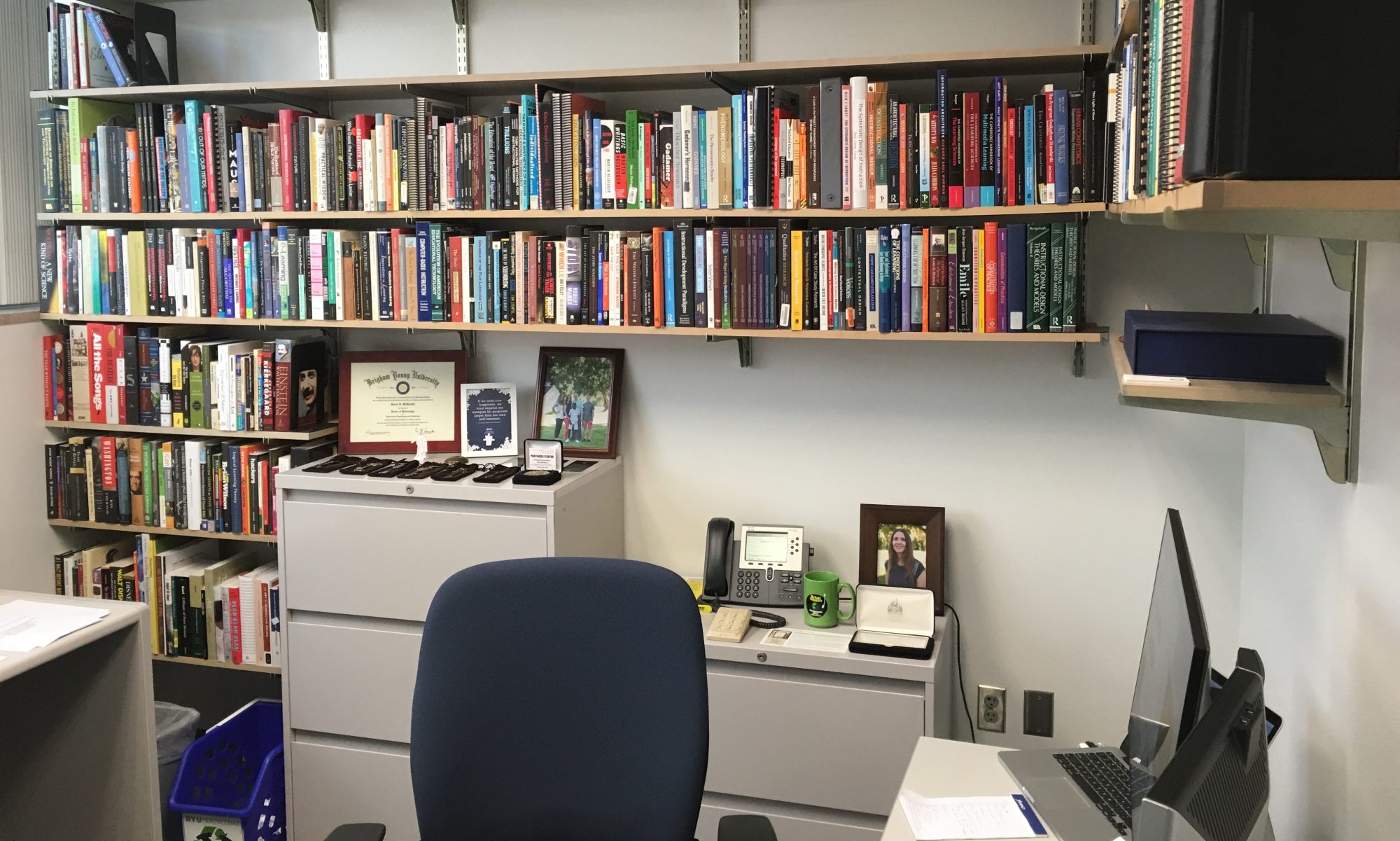This is a chapter led by a Master’s student of mine, and contributed to by a number of members of an interdisciplinary team I work with at BYU. The student leading the chapter was interested in helping underrepresented populations (especially women) have more opportunities in STEM education, and this chapter looks at how the one of the simulations we designed can improve students’ attitudes towards topics and skills that are often seen as being too difficult.
Abstract:
In this chapter we examine how knowledge- and skill-based learning might be integrated with broader views of learning that also account for changes in percep- tions of the discipline and attitudes toward professional practice. We do so by reporting our work on a mixed-reality educational simulation that we call a Playable Case Study (PCS). First, we describe the elements that define a PCS. Next, we describe a specific PCS designed to introduce students to the field of cyberse- curity and report survey data from a recent pilot study that illustrates the types of attitudinal- and skill-based learning this type of simulation might encourage. Finally, we describe insights we gained from our findings about how the PCS simulation could further facilitate students’ learning more than only the knowledge or factual components of a discipline.
Reference:
Winters, D. M., McDonald, J. K., Hansen, D. L., Johnson, T. W. Balzotti, J., Bonsignore, E., & Giboney, J. S. (2020). The playable case study: An online simulation for skill and attitudinal learning. In Hokanson, B., Clinton, G., Tawfik, A. A., Grincewicz, A., & Schmidt, M. (Eds.), Educational technology beyond content: A new focus for learning (pp. 127-140). Springer Nature Switzerland AG. http://doi.org/10.1007/978-3-030-37254-5_11
